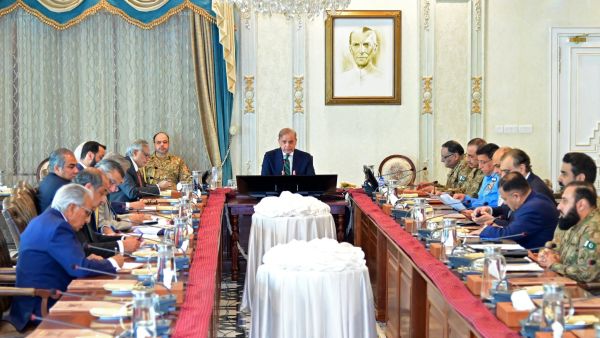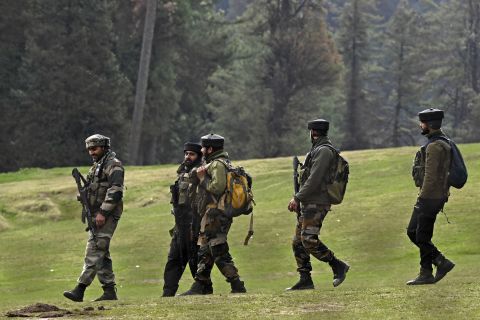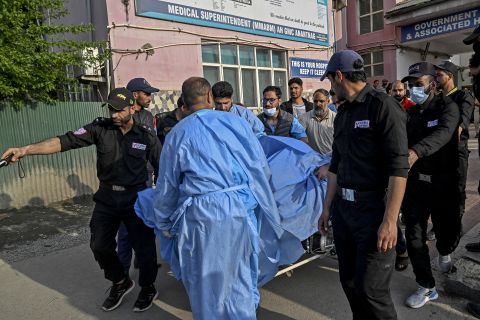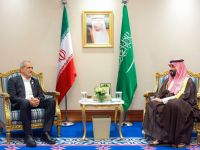ALBAWABA- In a dramatic escalation of regional tensions, Pakistan has launched a series of sweeping countermeasures against India in response to what it called "unilateral and illegal" actions following the deadly Pahalgam attack in occupied Kashmir.
The decisions were announced after Prime Minister Muhammad Shehbaz Sharif chaired a high-level meeting of the National Security Committee in Islamabad, which focused on India's recent provocations and growing regional instability.
The committee strongly reaffirmed Pakistan’s support for the Kashmiri people’s right to self-determination and denounced India’s growing aggression, particularly its threats to suspend the Indus Waters Treaty.
Pakistan declared that it will not tolerate any attempt to violate the treaty, describing it as a binding international agreement and warning that interference with water flow would be interpreted as a hostile act.
In a decisive shift, Pakistan announced the freezing of all bilateral agreements with India, including the Simla and Karachi Agreements, as well as prisoner exchange deals and accords related to weapons testing.
These moves are part of a broader strategy to protest what Pakistan views as India's continued support for terrorism and its defiance of UN resolutions on Kashmir.
Tensions spilled over into diplomatic channels as well, with Pakistan ordering the expulsion of Indian military attachés and mandating a reduction of Indian embassy staff to just 30 diplomats by April 30.
Simultaneously, Islamabad suspended Indian visas, except Sikh pilgrims, who were given 48 hours to exit the country. Trade between the two nations has also been halted, including exchanges conducted through third countries, while Pakistani airspace has been closed to Indian aircraft.
On the ground, the Wagah border crossing has been sealed to all non-permit holders, effective immediately. These developments come amid a broader regional backdrop, including India's expulsion of a senior Pakistani diplomat and growing fears of escalation following the Kashmir attack.
Pakistan’s Deputy Prime Minister and Foreign Minister issued a stark warning during the press conference, cautioning India against further aggression: “Anyone who dares to act foolishly should prepare for a crushing response—one far more severe than anything they’ve faced before.”











